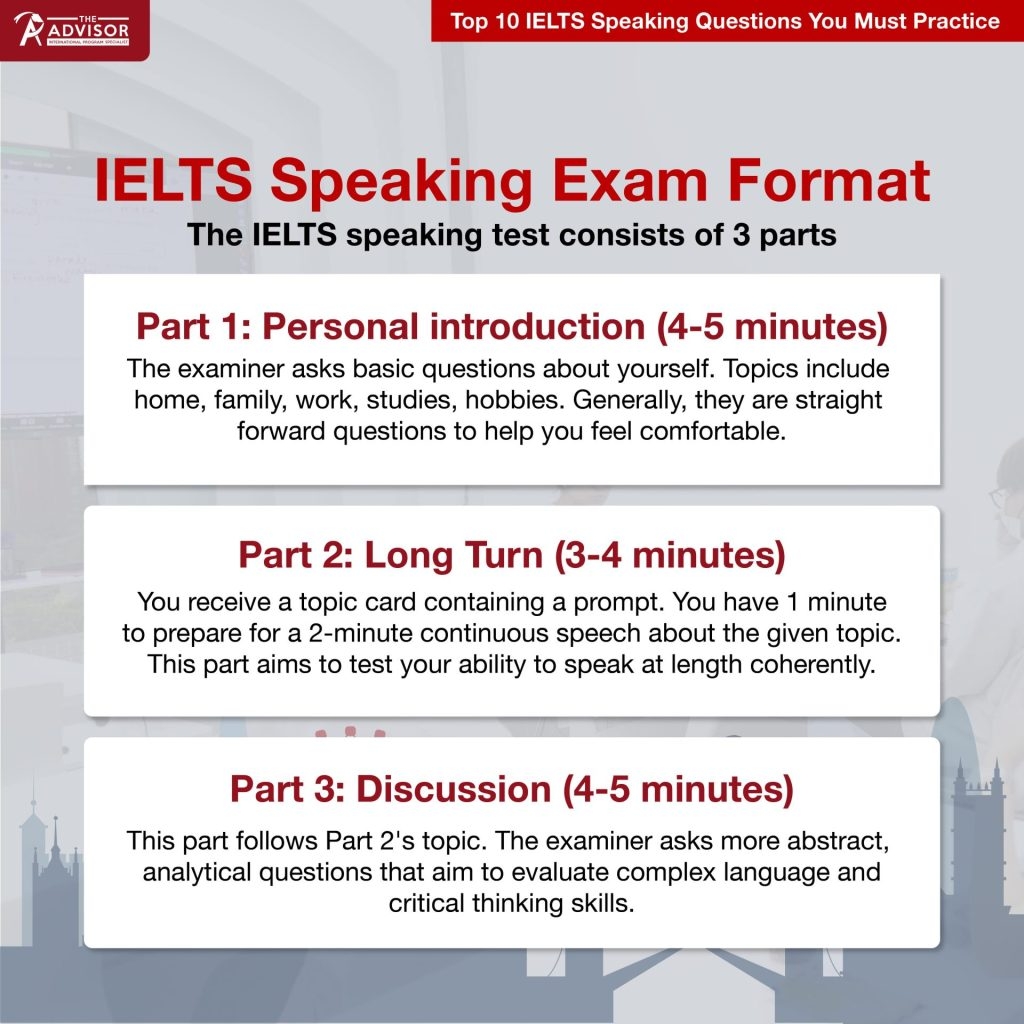When preparing for the IELTS exam, one of the most challenging components for many test-takers is the speaking section. This part of the test requires candidates to engage in a conversation with an examiner on a variety of topics. It can be a nerve-wracking experience for some, but with the right preparation and practice, you can improve your performance and increase your chances of achieving a high score.
The IELTS speaking test is divided into three parts, each focusing on different aspects of your speaking ability. In Part 1, you will be asked general questions about yourself, your daily routine, hobbies, interests, and other familiar topics. Part 2 requires you to speak on a given topic for 2 minutes, while Part 3 involves a discussion with the examiner on more abstract or complex issues related to the topic from Part 2.
During the test, it is important to demonstrate your ability to communicate effectively, express your opinions clearly, and provide relevant examples to support your ideas. The examiner will be evaluating your fluency, pronunciation, vocabulary, grammar, and coherence in your responses.
To prepare for the IELTS speaking test, it is essential to practice speaking English regularly. Engage in conversations with native speakers, participate in speaking clubs or discussion groups, and familiarize yourself with common topics that may come up on the exam. Additionally, you can practice by recording yourself speaking on different topics and listening back to identify areas for improvement.
When practicing for the test, focus on developing your ability to speak confidently and coherently, as well as expanding your vocabulary to express a wide range of ideas. Pay attention to your pronunciation and intonation, as these aspects can significantly impact your overall speaking score. Remember to also pay attention to your body language and eye contact during the test, as these non-verbal cues can also influence the examiner’s perception of your communication skills.
In conclusion, the IELTS speaking topics test can be a challenging but manageable part of the exam with the right preparation and practice. By familiarizing yourself with the test format, practicing regularly, and focusing on improving your speaking skills, you can increase your confidence and performance on test day. Remember to stay calm, stay focused, and communicate clearly to showcase your English proficiency to the best of your ability.
